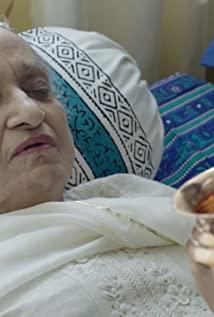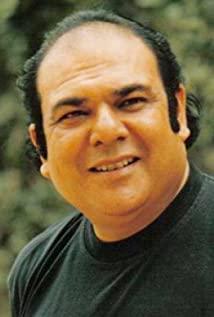Although this film does not face religious issues directly, some small details in the film can better reflect the influence of religion on people in daily life. For example, the little girl ate meat for the first time, Uncle Monkey entered the mosque for the first time, etc. After knowing that the little girl was a Muslim, Uncle Monkey hesitated, and he always lied to himself that the little girl was not the first surname. Eating meat can also be a noble second surname, but when he really knew it was not, Uncle Monkey wanted to give up his help, which shows how deep-rooted the religious estrangement is. And when they escaped with the help of the priest, the priest said long live Allah when saying goodbye, and Uncle Monkey was also very embarrassed, because they also believed in different gods.
But love broke all of this, and what was especially touching was that when he couldn't find a home in the end, Uncle Monkey walked into the Muslim temple with heavy steps and made a sincere wish. How difficult, after all, he is so devoutly serving his own god in his own country, but for the sake of the little girl, he is willing to give up temporarily.
The last scene is also very touching. Uncle Monkey used a Muslim ritual to say goodbye when he left Pakistan. In the end, the little girl called him when he spoke for the first time. God's blessing, Uncle Monkey should be very happy and happy at that moment. In the little girl, Uncle Monkey's love for her is the greatest, and Uncle Monkey has also been rewarded by God in the little girl.
Of course, there is a little political scrutiny at the end, but it is not very in-depth. It is true that adding too many political factors to this love-filled film will spoil the aesthetic taste.
Finally, I hope we can make such a good film when we can tell the story of Taiwan and Dalu.
View more about Bajrangi Bhaijaan reviews











